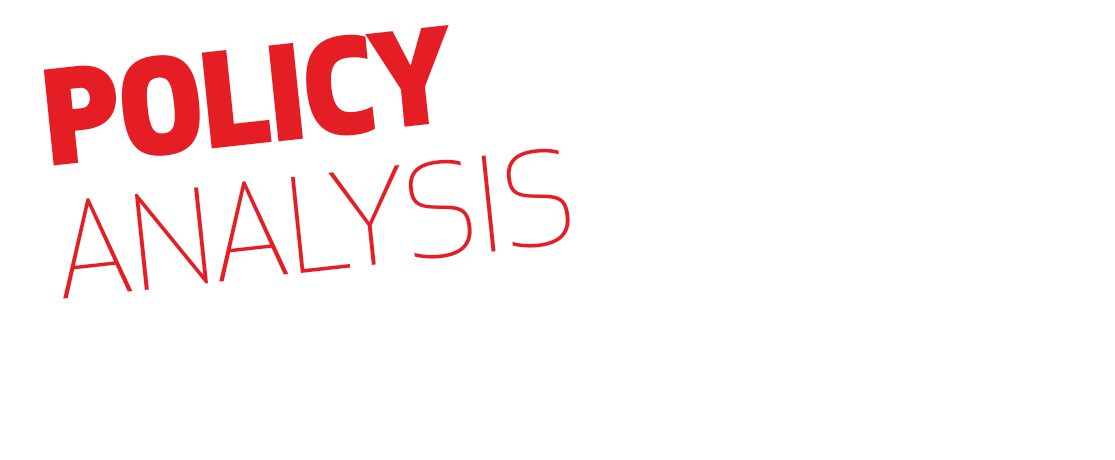
Education in Conflict Emergencies in Light of the Post-2015 MDGs and EFA Agendas
By Christopher Talbot
The focus of this paper is on provision of education in conflict emergencies. It examines the importance of educational provision in conflict emergencies in the light of post-2015 debates; the unusual, often threatening institutional environments in which education is conducted during conflict emergencies; several policy dilemmas in conflict emergencies (curriculum choices, secondary education, vocational education and training, teacher supply and management), with an in-depth examination of one policy theme, certification of the learning attainments of refugee and IDP learners, to illustrate the technical intricacy and political complexity of the technical and political challenges that confront emergency education; and policy commitments to the provision of education in emergencies.
Christopher Talbot is a consultant in Education in Emergencies and was formerly CEO of Education Above All (EAA), Doha; led UNESCO’s work on education in emergencies and in post-conflict and post-disaster situations; developed the education in emergencies research and training programme at UNESCO International Institute for Educational Planning (IIEP); and worked for UNHCR, including as Senior Education Officer.
